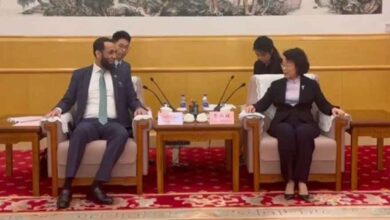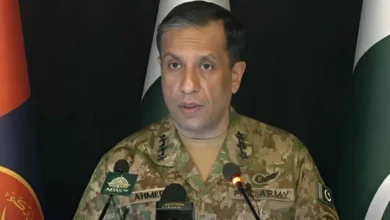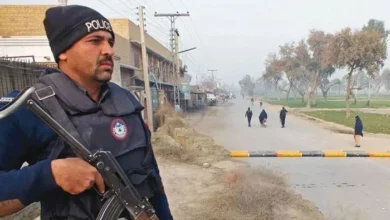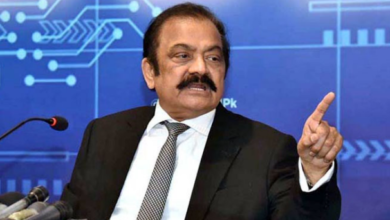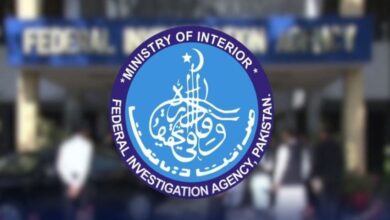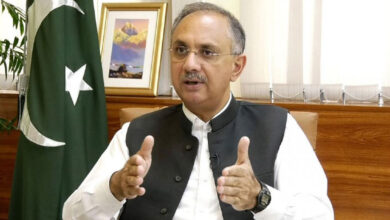ISLAMABAD: The Supreme Judicial Council has dismissed 19 complaints filed against different judges of the superior judiciary.
A meeting of the Supreme Judicial Council was held under the chairmanship of Justice Yahya Afridi, Chief Justice of Pakistan/Chairman Supreme Judicial Council at Supreme Court Islamabad on Saturday.
The meeting was attended by Justice Syed Mansoor Ali Shah (present through video link), Justice Munib Akhtar, Justice Aalia Neelum, Chief Justice Lahore High Court and Justice Muhammad Junaid Ghaffar, Chief Justice Sindh High Court.
“The Council also examined 24 complaints under Article 209 of the Constitution filed by different individuals. 19 complaints were unanimously decided to be filed while 5 others were deferred for the time being,” read the press release.
The Council discussed all the agenda items one by one. The proposed draft of Supreme Judicial Council secretariat service Rules, 2025 was approved by the council, while it was resolved that procedure of enquiry and amendments in the Code of Conduct needed to be examined from legal and drafting point of view therefore these required further deliberation.
The National Judicial (Policy Making) Committee (NJPMC) established a dedicated committee to address enforced disappearances through an institutional framework.
The decision was announced during the NJPMC’s 53rd meeting, chaired by Chief Justice of Pakistan Yahya Afridi, at the Supreme Court.
The meeting, attended by chief justices of all high courts and the Additional Attorney General for Pakistan, reaffirmed the judiciary’s unwavering commitment to safeguarding constitutional rights.
The newly formed committee on enforced disappearances will evaluate concerns raised by the executive, as conveyed through the Attorney General.
The NJPMC also took measures to shield judicial officers from external pressures, directing high courts to create formal mechanisms for reporting and resolving such issues within a set timeframe.
Significant judicial reforms were approved, including the establishment of a Commercial Litigation Corridor with dedicated courts and benches, and a pilot Double-Docket Court Regime in selected districts. Other initiatives include court-annexed mediation, Model Criminal Trial Courts, and the introduction of district-level mediation and family court facilities.
To enhance judicial consistency, a committee led by Justice (retd) Rehmat Hussain Jafferi was formed to develop performance indicators, standardise training, and address service disparities.
Additionally, the NJPMC approved the creation of a Professional Excellence Index for lawyers induction, with high courts tasked to submit their proposals within 30 days.
The ethical integration of generative AI in judicial processes was discussed, with the National Judicial Automation Committee assigned to draft a guiding charter.
The NJPMC also endorsed standard operating procedures (SOPs) for virtual attendance of undertrial prisoners and police witness statements, and supported judicial training for police officers through academies, as highlighted in a presentation by IGP Punjab.
Following a request from the Additional Attorney General, the committee decided that constitutional petitions related to tax and finance will now be heard by division benches instead of single benches in high courts.


